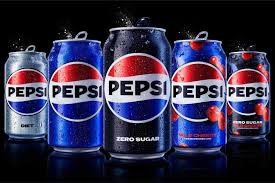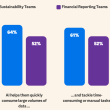PepsiCo has expanded its Climate Resilience Platform (CRP) — an open-access, open-source tool designed to help farmers prepare for and adapt to the impacts of climate change.
First launched in 2023, the platform translates complex climate research into practical, data-driven insights that enable farmers to anticipate yield risks and take targeted action to protect their crops.
The latest expansion, developed in collaboration with the Alliance of Bioversity International and the Foundation for Food and Agriculture Research (FFAR), extends the CRP’s coverage to include new geographies and crops, notably cotton and rice. The upgrades also enhance accessibility, improve data accuracy, and ensure greater local relevance. FFAR has contributed $1 million to support the platform’s evolution.
PepsiCo has also welcomed two new partners to the initiative — Bonsucro, a non-profit focused on sustainable sugarcane production, and Olam Agri, a major food, feed, and fibre supplier. Both organisations will contribute data and funding to strengthen the platform’s reach and functionality.
“By helping translate science into actionable insights, we aim to empower stakeholders across the food and agriculture system to make informed decisions, strengthen supply chains and accelerate the shift to regenerative agriculture,” said Margaret Henry, PepsiCo’s Vice President for Sustainable and Regenerative Agriculture.
The move comes as PepsiCo steps up its commitment to regenerative agriculture, with a goal to promote regenerative, restorative, or protective farming practices across 10 million acres by 2030—an increase from its earlier target of seven million acres.
Climate change poses mounting risks to global food production, with research suggesting that, in a high-emissions scenario, calorie yields from staple crops could decline by 24% by 2100 compared to a no-climate-change baseline. Increasingly frequent extreme weather events have already disrupted production and raised prices for key commodities such as cocoa and olive oil.





















